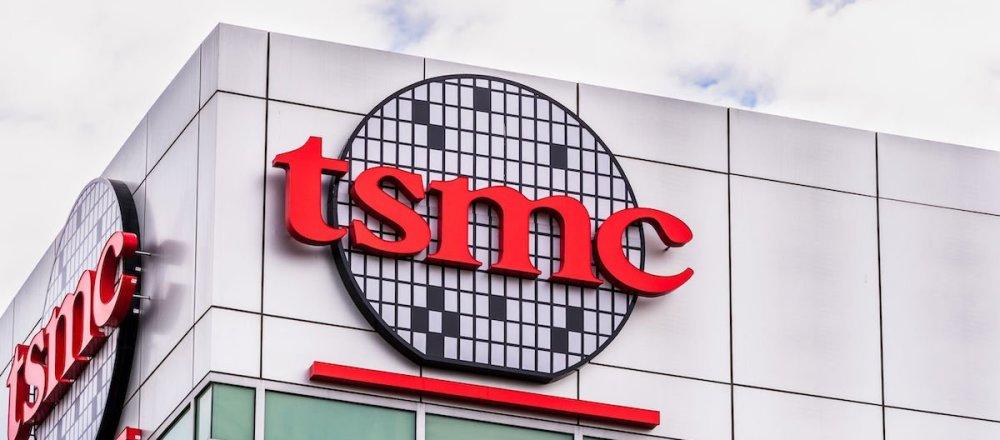On April 14, TSMC released the first quarter of 2022 financial report data, which shows that TSMC's total revenue for the quarter was NT$491.076 billion (about 107.8 billion yuan), an increase of 35.5% year-on-year. Net profit reached NT$202,733 million (approximately RMB44.5 billion), an increase of 45.1% year-on-year. In a word, TSMC earned more this quarter.

According to the financial report, shipments of advanced 5nm process processes accounted for 20% of wafer sales in the quarter, and shipments of 7nm processes accounted for 30% of wafer sales. Revenue from 7nm and more advanced processes accounts for 50% of the company's total revenue.
By platform, the revenue of high-performance computing platforms accounts for 41%, including intel, AMD and other customers. Smartphone platforms account for 40% of revenue, including customers such as Apple, Qualcomm and MediaTek. IoT platforms, automotive and consumer electronics platforms all accounted for 3%. CPU processors and mobile phone Soc are the most important sources of revenue for TSMC, of which Apple has products on both platforms and should contribute a lot of revenue to MediaTek.
Wei Zejia, president of TSMC, said at the legal conference that the 3nm process will be put into production in the second half of the year, and it will become the next big growth node of revenue contribution, equivalent to the 5nm and 7nm families. At the same time, TSMC is also actively engaged in the research and development of the 2nm process, with the goal of achieving mass production in 2025, when it will provide customers with more advanced and mature technical support.
It has been previously reported that TSMC's 3nm process plans to start trial production in August, after which it will officially enter the large-scale mass production stage. However, Apple's next-generation A16 chip has not been able to meet the latest 3nm process, but to a more mature 4nm process, which can ensure sufficient production capacity and do not worry about the early 3nm rollover.
However, Apple will still be the first to use the 3nm process, and the new generation of self-developed M2 chips is most likely based on the 3nm process, and the initial production capacity should not be too high. Intel is the largest customer of TSMC's 3nm process, the order volume is higher than Apple, and the next generation of mobile processors and server processors will use the 3nm process, which will bring huge revenue to TSMC.
With the rapid development of mobile phones, PCs, 5G and artificial intelligence technologies, the demand for advanced processes in the semiconductor industry is more urgent, and the emergence of 3nm processes can further improve the performance of various chips. At present, only TSMC and Samsung have the ability to mass-produce 3nm chips, if Samsung's performance is not as expected, then TSMC may continue to monopolize the production capacity of advanced processes, and it is difficult to make money.